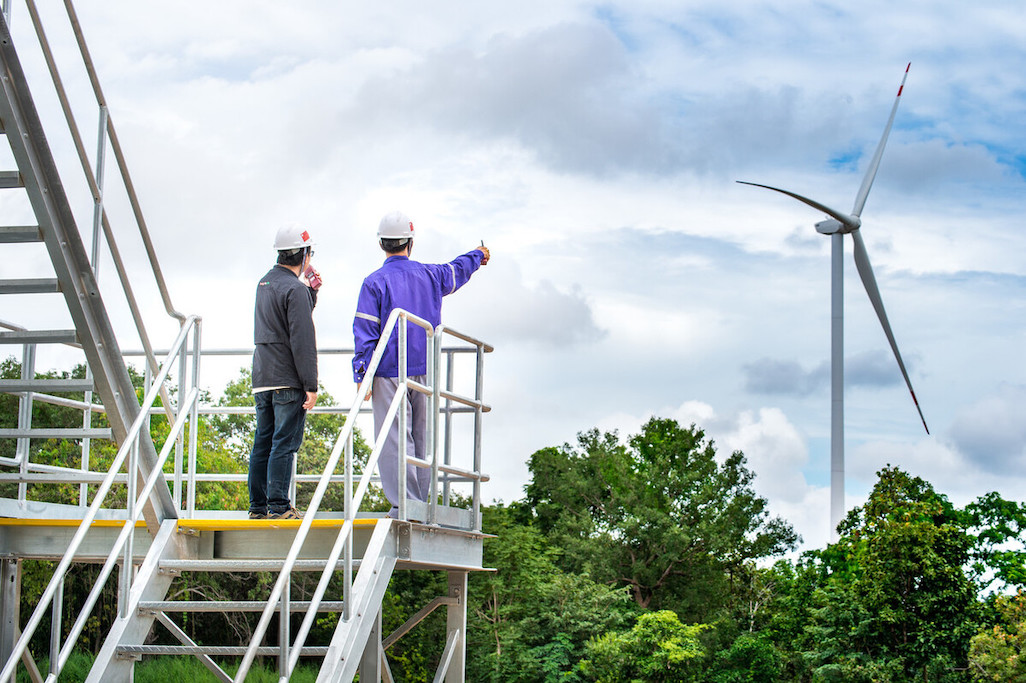The BIMP-EAGA–Republic of Korea Cooperation Fund (BKCF) launched a new grant cycle this month. It is accepting proposals until 2 September 2022 for projects particularly in the areas of environment, tourism, and connectivity. Projects that put forward a specific COVID-19 recovery approach will be prioritized.
This is the second call for proposals from BKCF, which approved the first batch of projects in June.
The value of the grants depends on the duration of the project and the number of countries involved. Projects with a 1-year term may receive between $50,000 and $300,000, while those lasting 2 years may get between $100,000 and $300,000. For projects with multiple countries, a maximum of $200,000 per country may be approved.
The fund’s release for 2-year projects will be performance-based, which means funding for the second year will be approved based on the satisfactory performance on the first year.
All projects in all sectors that are identified in the cooperation between BIMP-EAGA and the Republic of Korea (ROK) must explicitly include targets and outcomes/outputs for gender and social inclusion where applicable and relevant.
Inclusive and balanced growth
The Korean government established the BKCF in 2021 to help promote inclusive and balanced growth in Southeast Asia and contribute to ASEAN Connectivity. The fund supports Vision 2025 of BIMP-EAGA, a cooperation initiative established in 1994 by Brunei Darussalam, Indonesia, Malaysia, and the Philippines. It provides grants for programs or projects of BIMP-EAGA or its member countries.
Last June, the Korean government committed to enhance its relations with ASEAN and to lay a strong foundation for its cooperation with BIMP-EAGA as it increased its contribution to the BKCF to $3 million this year from $1 million in 2021.
The Global Green Growth Institute (GGGI), a treaty-based international, inter-governmental organization in Seoul, serves as a depositary of the BKCF and manages the fund.
Priority areas of the fund
• Environment. Proposals may include projects with high potential for environmental and climate mitigation and adaptation impacts that promote inclusive green growth in areas including but not limited to water management, waste management and sanitation, renewable energy, energy efficiency, green buildings, green finance including green bonds, inclusive green entrepreneurship, nature-based solutions including REDD++ (projects that aim to reduce emissions from deforestation and forest degradation in developing countries), and climate smart agriculture and bioeconomy.
• Tourism. Proposals may relate to ecofriendly and sustainable tourism development as well as tourism-related planning and infrastructure, with a particular support to tourist-dependent communities that have suffered because of COVID-19.
• Connectivity. Proposals may include but not be limited to low-carbon transport, information and communication technology (ICT) and digital transformation, trade and investment facilitation, and enhancing the region’s climate change knowledge economy.
• Other areas determined by BIMP-EAGA and the ROK.
The BKCF has so far approved a project to help cacao farmers in Mindanao and a study on renewable energy certificates for the subregion.
Eligibility of proponents
Government agencies, public sector institutes, academic and research institutes, NGOs, private sector entities, or any other autonomous institutes from member countries of BIMP-EAGA and the Republic of Korea are eligible to submit funding requests. Individuals are not eligible to apply for the fund.
GGGI can participate as a delivery partner to support the implementation of requested components of the approved project with an endorsement of the BIMP-EAGA country or countries where the project will be implemented.
The review and approval process will take a total of 90 business days.
Visit the BKCF website for more details about the guidelines.
